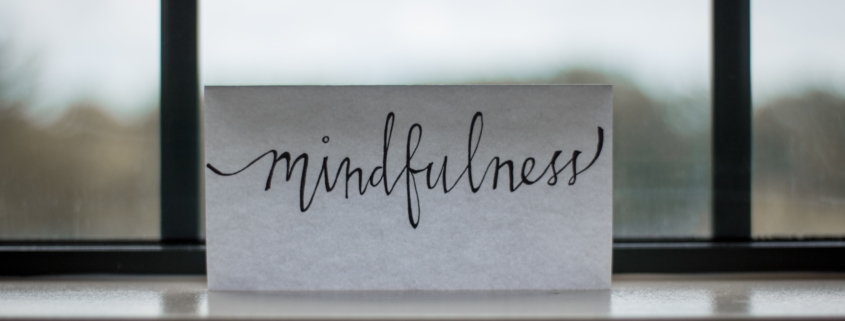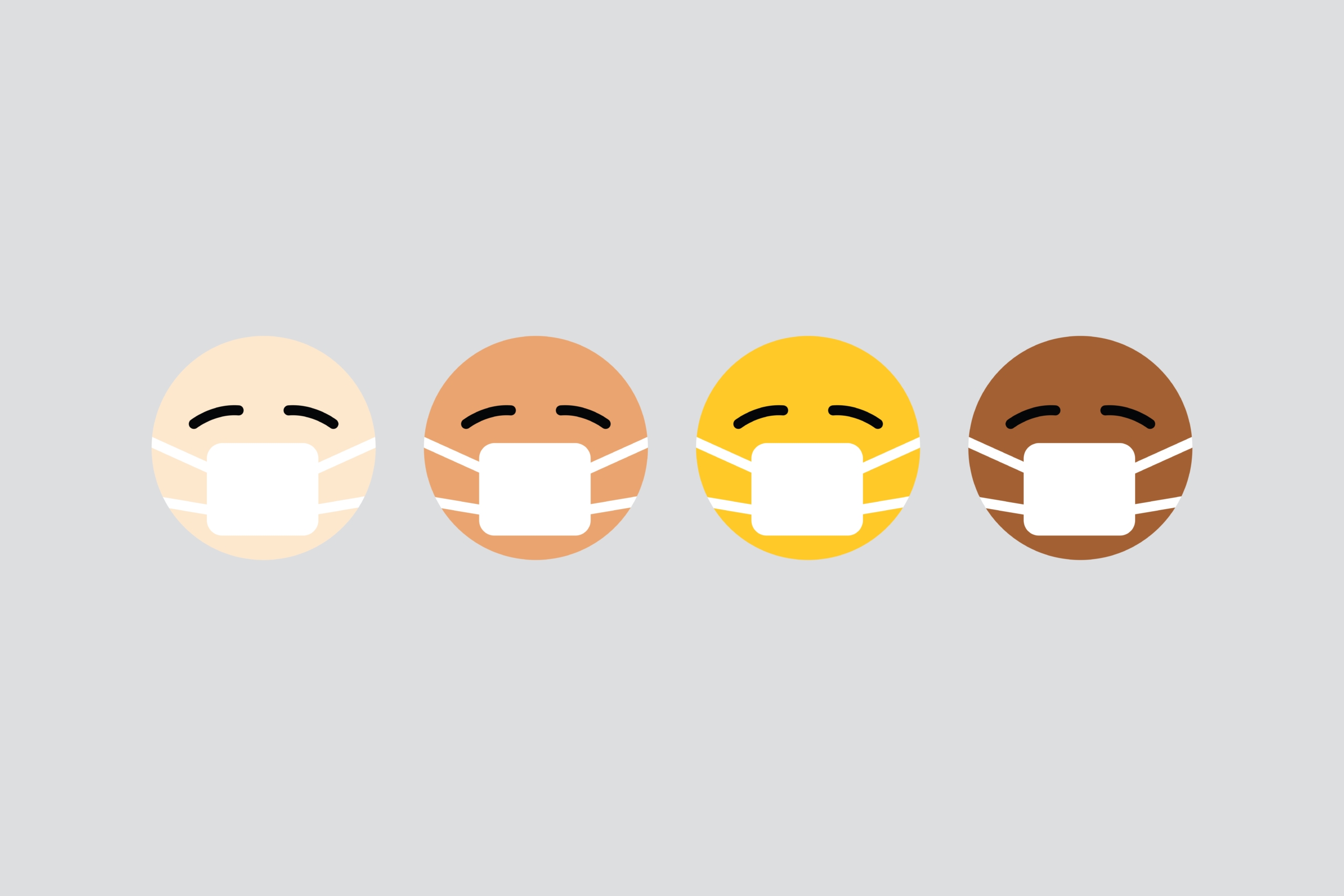Resources for Mental Health Week
Resources to Support Positive Mental Health
In light of Mental Health Week in Canada (May 3-9), we want to recognize that many individuals deal with stress, anxiety, loneliness and feelings of overwhelm. And with an ongoing pandemic that has lasted more than a year, many people are feeling burned out. Below and attached are the links to some articles that offer support and speak to ways we can feel less stressed, build resiliency and support one another.
A great article that talks about ways to de-stress and what to do when you are feeling overwhelmed.
Feeling-Stressed-Ways-to-Improve-Your-Well-BeingDownload
10 steps to help increase your own resilience and better cope with Stress.
How-to-Boost-Your-ResilienceDownload
An ongoing pandemic and further challenges created by new variants and confusion surrounding vaccines have cause some individuals to experience difficulty with mental health, anxiety, depression, fear and fatigue, isolation and loneliness.
the-Impact-of-COVID-19Download
Employee and Family Assistance Programs provide free, confidential support and counselling for individuals and their families experiencing work-life challenges, including:
- Marital & Relationship Support
- Stress & Anxiety
- Depression
- Substance Use/Abuse
- Grief & Bereavement
- Family & Parenting Challenges
- Legal & Financial Support
- Anger Management
- Diet & Nutrition
- Self-Esteem
- Work-Related Stress
- Harassment
- Violence
- Helathcare Navigation & Support
If you’re interested in adding an Employee Assistance Program to your Group Benefits Plan, please reach out to us at 1-877-359-3820.
YOU’RE NOT ALONE
A recent survey shows that British Columbians admit they are not getting enough mental health support despite many claiming their mental health has declined since the pandemic began.
- Poor mental health has risen from 19% to 52% during COVID-19
- 37% of people say their mental health continues to worsen with subsequent COVID-19 waves
- 50% of people say it has been difficult to access mental health services
- 2/3 are unaware of mental health services available to them
It has been proven that exercise, eating well, good sleep, connection and doing activities that bring joy contribute to positive mental health. In BC, we have seen a decrease in all of these activities, combined with an increase of alcohol/cannabis consumption and smoking. No wonder our mental health is suffering!

When it comes to Mental Health, Self-Care is extremely important. Self-care is simply the act of taking time to focus on yourself. It doesn’t need to be bubble baths and candles, self-care is a routine or ritual that helps everyone to re-charge and find better balance. Here are links to a few articles that promote positive self-care:
Canadian Men’s Health explores why getting active is important to reduce stress and anxiety. This website provides great health resources for men and their families. June is Men’s Health Month in Canada. Join the movement to better physical (and mental) health for you and your family.
Explores what is self-care and why men should care. From fixing something to trying new food or taking a longer shower, these tips are more suited for guys.
- Self-Care Tips During the Coronavirus Pandemic
61 Top self-care ideas including prioritizing sleep (because your mood and immune system are counting on it) to working out and trying new things. - Mayo Clinic – Advice on Self-Care
Taking care of yourself is important so you are equipped to help your family through difficult times. Advice from the renowned Mayo Clinic shares tips related to physical and mental health and things to watch out for.
GOOD MENTAL HEALTH IS NOT ABOUT BEING HAPPY ALL THE TIME.
NAME IT – DON’T NUMB IT
Currently we are in a time of unprecedented stress and anxiety due to COVID-19. Recognizing, naming and expressing our emotions – even when they are uncomfortable – can make us feel better. This year CMHA is using the phrase “Name It, Don’t Numb It – #GetReal about how you feel” for Mental Health Week (May 3-9).
NUMBING BEHAVIOURS:
As human beings, we are hardwired to seek pleasure and avoid pain, so numbing is a natural avoidance technique we sometimes use to avoid painful emotions. The goal is to be aware of when we are tempted to numb out and try to stay with our feelings instead.
We all have some numbing behaviours. They could include any of the following: overeating, increased alcohol consumption, use of social media, tv, online shopping, gambling, drugs, sex, dissociating. Some numbing behaviours in moderate amounts are good and even glorified by society (like exercise or work), but become problematic when we overuse them.
What are your “numbing” techniques? How do you avoid feeling?
MINDFULNESS:
Mindfulness is a way of managing emotions and diminishing our desire to numb out. Mindfulness helps us pay attention to the present moment, without judgement. Even when we are feeling painful emotions, the present moment is usually ok. We may be worried about something coming up in the future or something that happened in the past, but if we focus on the present moment, we often realize that all is well.
VIDEOS:
Staying Present – a short video to help appreciate the present moment (What a wonderful world!)
RAT PARK – Everything you know about addiction is wrong. Watch this video to learn how addiction (and other numbing behaviours) are linked to loneliness and lack of connection.
EFAP:
Employee and Family Assistance Programs provide free, confidential support and counselling for individuals and their families for topics such as marital & relationship support, stress & anxiety, depression, grief, substance abuse, addictions, family & parenting challenges, legal & financial issues, anger management, diet & nutrition, self-esteem and work-related stress. Instead of numbing, try talking with someone who can help. Want to add this to your group benefits plan? Let us know.






